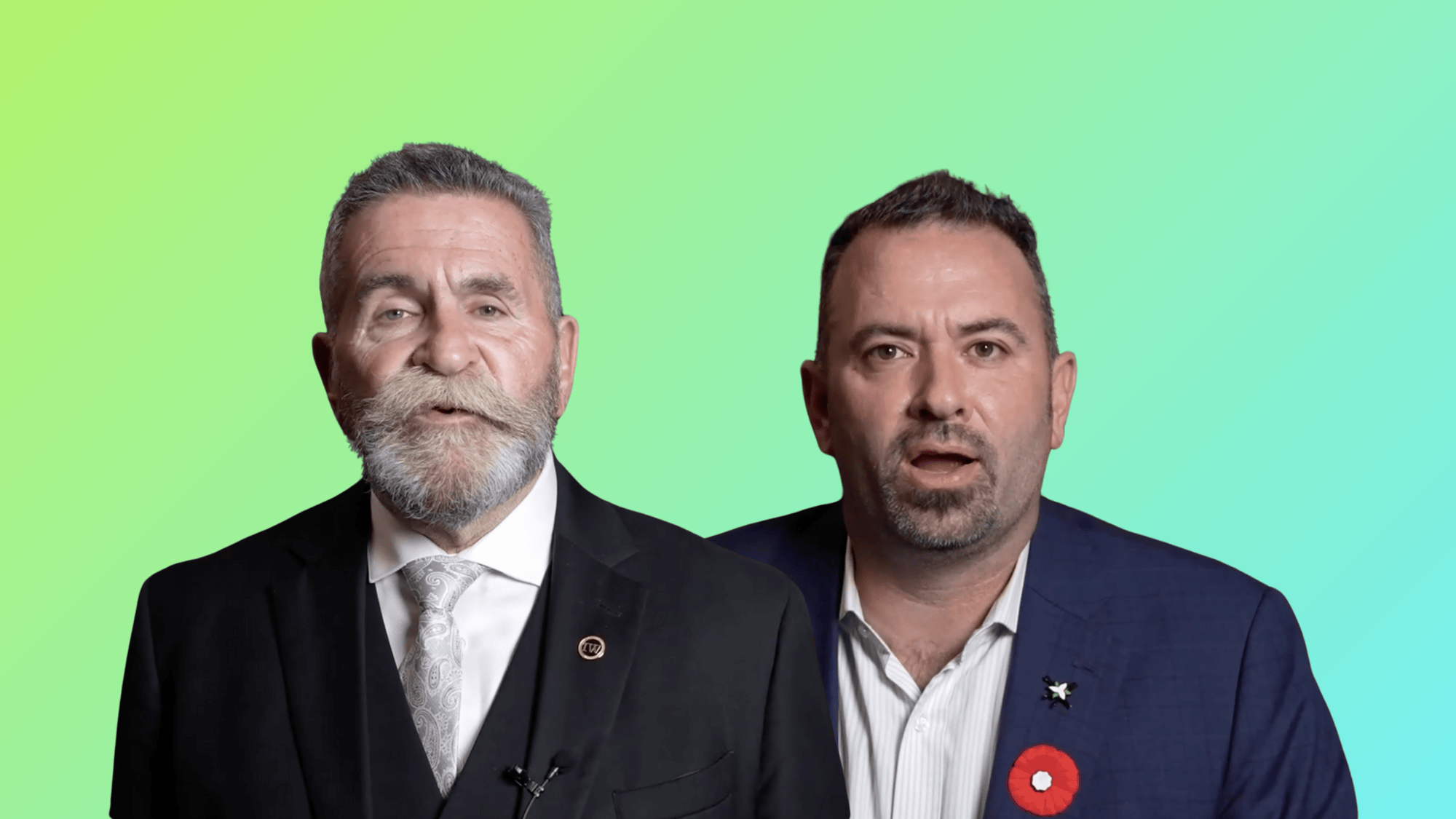It is no exaggeration to say that the world and Canada are now at war with a virus which threatens human lives, our health care system and the economy. As in all wars, the goal of victory takes priority, the normal rules of the game should not apply, and what must be done should be done without undue concern for the cost.
Quite appropriately, the federal government has announced massive increases in spending, including on public health measures, Employment Insurance (EI) benefits, a new income support program for impacted workers not covered by EI, and wage subsidies to employers to limit layoffs. Income support measures alone are forecast to cost some $100 Billion.
While these measures seem to have very wide widespread support, some conservatives have expressed concern about the coming sharp rise in the public debt. And progressives remember all too well that the large deficits used to get us through the global financial crisis of 2008 quickly became the excuse for fiscal austerity on the part of the Harper Conservative government once the immediate crisis had passed.
We need a plan or at least a framework to guide COVID-19 war finance.
The federal government must take the major responsibility for income support measures. Before the crisis, several provinces were already in dire fiscal straits, and they are now being forced to deal with potentially huge expenditures on public health and front line social services like housing the homeless.
We should try to ensure equal income support for Canadians in similar situations across the country irrespective of the fiscal situation of the province in which they live.
Public debt concerns should not get in the way of the needed federal government response. Not only is the federal debt already relatively low as a share of GDP, as widely noted, Ottawa can currently borrow at a zero interest rate, the current rate of return on a Government of Canada 10 Year Bond.
The Bank of Canada has said that it will buy at least $5 Billion in government bonds per week, up to a total of $200 billion, and stands ready to do more. This is an unprecedented action in Canada in the period since the Second World War. Essentially this means that a large chunk or even all of the new federal debt will be a liability on the books of the federal government, offset by an asset of the federal government owned Bank of Canada. The government is giving itself a zero-interest long-term loan.
A potential downside to the lower overall interest rates generated by this approach is a rise in inflation. But the economy is now operating hugely below capacity, and price controls could be used if we see price increases for essentials.
To avoid a major fiscal burden after the crisis, the federal government should charge increased EI spending to its general account, avoiding a later rise in EI premiums to fund the coming deficit in the theoretically separate EI account.
While wage subsidies for struggling small private companies will mainly benefit workers, Ottawa should seriously consider taking equity stakes in large and normally profitable companies which ask for temporary help directly from the government or from the federal banks, BDC and EDC. At a minimum, emergency loans to companies like Air Canada should be conditional on undertaking obligations to the community and workers after the crisis
If the crisis is longer than anticipated, we could also consider another wartime fiscal measure, a one time progressive levy on capital as took place in many countries to lower war debt after World War II. If we are all in this together, the very rich should be prepared to take on a fair share of the fiscal burden of dealing with COVID-19.
To sum up, there should be no fiscal restraints on the needed response to the pandemic crisis, and we need to also ensure that we avoid another round of austerity when the economy recovers.





